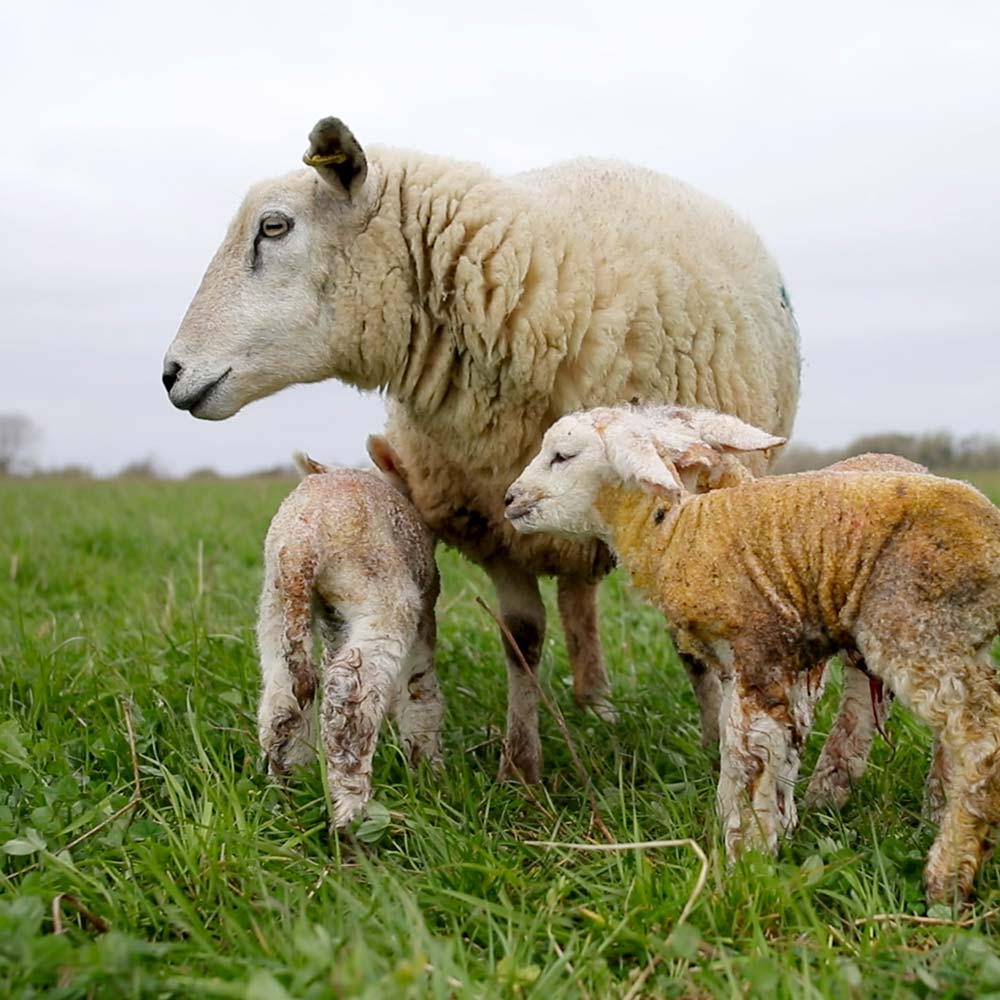Do grazing livestock have a role in a world of climate change?
.
Can farm animals be raised in a sustainable way in these parts?
Sheep and turkey farming in the Sid Valley – Vision Group for Sidmouth
An argument for farming livestock on uplands – Vision Group for Sidmouth
Livestock farming in Devon – Vision Group for Sidmouth
This is the latest from the Table website, “Exploring evidence and values in global food systems debates”:
What is the role of grazing livestock in a world of climate change and diet-related disease? – was the overarching question being discussed at an event in Bristol last week organised by the Sustainable Food Trust (SFT).
The SFT is a charity founded by former Director of the Soil Association, Patrick Holden, in 2011 with the aim to “enable all farmers, scientists, citizens and policy-makers to transition towards systems of food production that don’t do damage to the environment, or our health”. Coming from the organic movement the SFT naturally holds grazing animals dear at heart and last year a blog post by SFT’s Richard Young arguing to eat more, not less, beef and sheep meat spurred off a red meat debate between Richard and FCRN’s Tara Garnett.
Despite this debate and despite the fact that the event hosted members from the National Beef Association, the National Farmers Union and the Pasture Fed Livestock Association and other organisations representing the production side, discussions were throughout the day held at a very balanced level. I got the impression that all attending were honestly interested and susceptible to what the scientific community had to say on the issue.
Grazing livestock in a world of climate change: do they have a role? | TABLE Debates
Here’s more rom the Sustainable Food Trust on the subject:

Livestock have a key role to play in regenerative, mixed farming systems. We campaign for more sustainable and higher welfare practices to ensure livestock are part of the solution, not the problem, for climate, nature and health.
Sustainable Livestock | Sustainable Food Trust
There’s certainly more interest in this:
The meat sector in its current form is unsustainable; yet so is completely replacing the use of animals as a food technology. For the biggest and fastest environmental impact, we must address the way we grow our food. More sustainable models will involve coexistence between traditional and alternative production methods.
Sustainable Food Systems Will Mean Coexistence, Not Competition – Sustainable Brands
Sustainable livestock farmers use a wide variety of practices, not only to raise animals humanely, produce better products and provide a living for themselves and their families, but also to build soil and sequester carbon, mitigating the effects of greenhouse gases. At the heart of sustainable livestock production is well-managed pasture, forest or rangeland, where animals can move and graze freely.